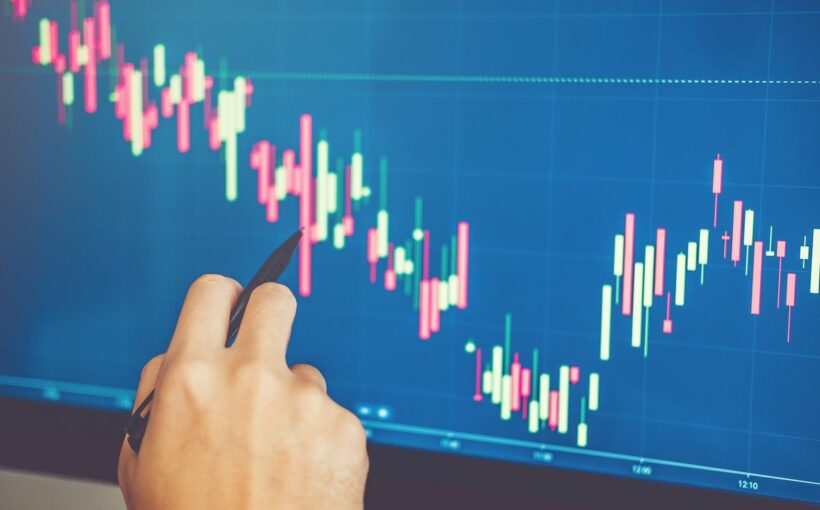The pandemic has made one thing abundantly clear for hedge funds: Trading a once-in-a-century crisis is best left to humans.
Funds that survive largely on their ability to place high-conviction bets made some of their strongest returns in decades last year. Some of the industry’s best-known names such asBrevan Howard Asset Management, Millennium Management and Andurand Capital Management soared past peers as stormy markets provided rich pickings.
That’s thrown a wrench into the rise of computer-driven quant funds, which gobbled up assets year after year but couldn’t protect investors or make money in 2020. Algorithms largely failed to decipher the impact of a rapidly moving virus and the response from central banks to contain economic damage.
The “narrative was: stock selection is dead, the future is all about indexing and quants and the blackbox and all that,” said Craig Bergstrom, chief investment officer at the $7.5 billion Corbin Capital Partners that invests in hedge funds. “It’s another kind of arms race and there are winners, but there are definitely also losers, and it’s not the future of active management.”
The market selloff in March and subsequent recovery humbled some of the most sophisticated of quants last year — most notably behemoths such as Renaissance Technologies, Winton and Two Sigma.
Perhaps one of the biggest signals that humans are back came from famed stock picker Martin Taylor, who went into retirement five years agoblaming quants and saying algorithmically-driven markets weren’t compatible with his research-orientated investment process.
Taylor came back in 2019 with one of the biggest hedge fund startups in Europe and traded his way to a48% gain last year. He joins well-known peers such as Tiger Global Management, Coatue and D1 Capital Partners in posting returns in excess of 35% as stocks bounced back sharply from lows in March, thanks to the flood of central bank money and surging technology shares.
Still, outsized gains weren’t the norm in 2020. Overall, the wider hedge fund industry that bets on rising and falling stocks continued toface troubles. Long-short money pools returned 12%, lagging the S&P 500 for the 12th straight year. Lansdowne Partners shut its main hedge fund in a shift away from short-selling, while Sloane Robinson closed after more than 25 years of trading.
But the industry’s average performance masks some of the stellar gains that spread from stock picking and oil trading to bets across the asset classes.
Pierre Andurand’s oil hedge funds gained as much as 154% as his bearish trades earlier last year paid off. Westbeck Energy Opportunity Fund surged 84%, according to a spokesman, while Lansdowne Energy Dynamics Fund gained 35%, according to a person with knowledge of the matter.
Izzy Englander’s multi-strategy hedge fund Millennium Management ended the year up 25.8%, its biggest since 2000, according to an investor letter. Brevan Howard, which is recovering from years of mediocre returns and a sharp drop in assets, saw its hedge funds gain as much as 99% in thebest year for the firm since it started nearly two decades ago.
“2020 served to highlight well the very real merits of discretionary versus systematic managers,” said Adam Jones, a partner at investment advisory firm Albert E Sharp. “Investors had a lot to cheer in a year full of challenges and human tragedy.”
Source: Read Full Article
